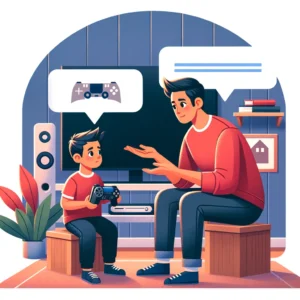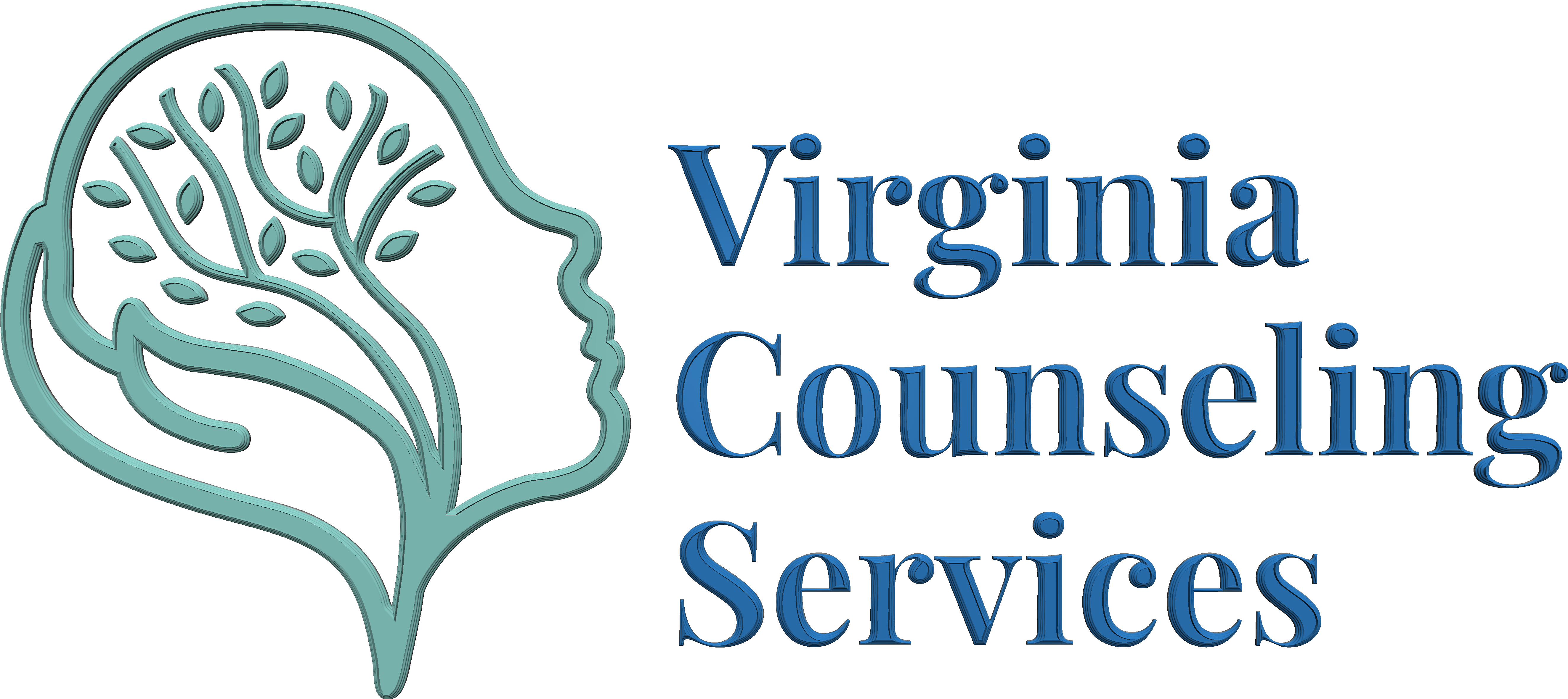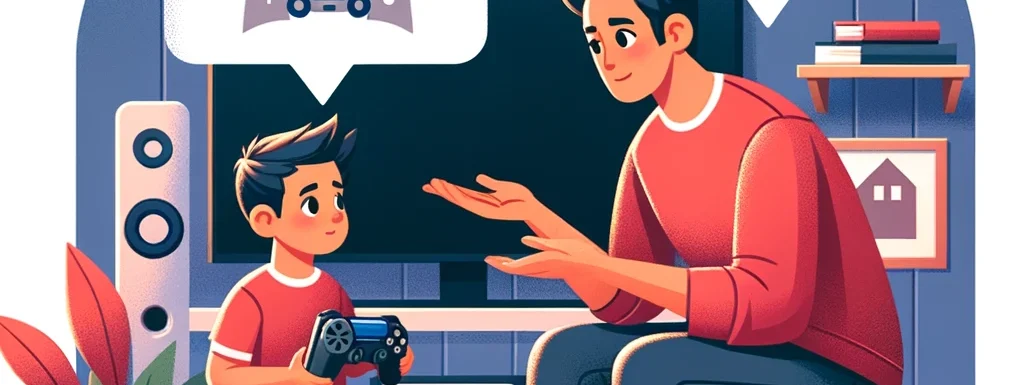
Video games are prominent in the lives of many children, teens, and adults. From Candy Crush to Palworld, video games are not limited to arcades or homes anymore. They are on every type of device from mobile phones to computers of every size. Some see it as a source of entertainment while others see it as a ‘waste of time’. The impact of video games on mental health is a growing concern for parents, especially with the phenomena of “video game addiction”. Just like any other mental health disorder, video games have the potential for problems —but not always!.
Understanding the Impact
Research shows that video gaming can have both positive and negative effects on children’s mental health. Positive aspects include:
- Improved cognitive skills, such as problem-solving and spatial awareness
- Multitasking abilities
- Strategic and critical thinking skills
- Social skills like teamwork and collaboration
- Resilience – learning that “failure” is not the end and to try over and over
With that being said, lets not forget that too much of anything is unhealthy. Excessive gaming has been linked to attention problems, sleep issues, and increased aggression. A study published in JAMA Pediatrics found that children who play video games for more than three hours per day may experience heightened attention problems and symptoms of depression and anxiety, although these findings did not necessarily indicate clinical significance.
Balancing Gaming and Mental Health
Setting Healthy Boundaries: Instead of parents taking the extreme routes (ex: absolutely no video games or play-as-much-as-you-want approaches), it is healthier life skill for parents to focus on teaching kids responsible gaming. By establishing limits on gaming time to ensure that it doesn’t interfere with sleep, physical activity, and other important responsibilities helps teach skills like prioritizing, time management, and self-control.
Choosing Appropriate Content: Parents need to stay informed of the latest games their kids are talking about and be involved in selecting games. There’s thousands of games out there for all age ranges, styles, and subject matter. Parents need to be aware of game ratings to ensure they are suitable for their children’s age groups and to help minimize exposure to inappropriate content. You don’t want your 7 year old playing Grand Theft Auto, do you? And if you don’t know the reference, you have some catching up to do PRONTO!
Encouraging Positive Online Interactions: Online games offer opportunities for socializing, but they also present risks such as cyberbullying. Discussing online safety and respectful communication is imperative. Don’t be so quick to dismiss the stories from kids about their online gaming experiences. You might not understand 90% of what they’re talking about, but by listening you are promoting open discussions. You need that open communication to be able to monitor their interactions with others online.
Recognizing Signs of Problematic Gaming: Withdrawal from social activities, declining academic performance, and changes in mood or behavior could indicate something is wrong. Think of problematic gaming as sometimes a symptom of another problem happening. It’s important for parents to be vigilant and seek professional advice if they are concerned about their child’s gaming habits.
Video games are not good or bad; their impact on mental health depends on how they are integrated into children’s lives. By setting boundaries, choosing appropriate content, and fostering positive online interactions, parents can help ensure that video gaming is a lifelong safe and healthy experience.
Resources for more info
American Psychological Association – Benefits of Video Games
National Institutes of Health – https://www.nih.gov/news-events/news-releases/video-gaming-may-be-associated-better-cognitive-performance-children

